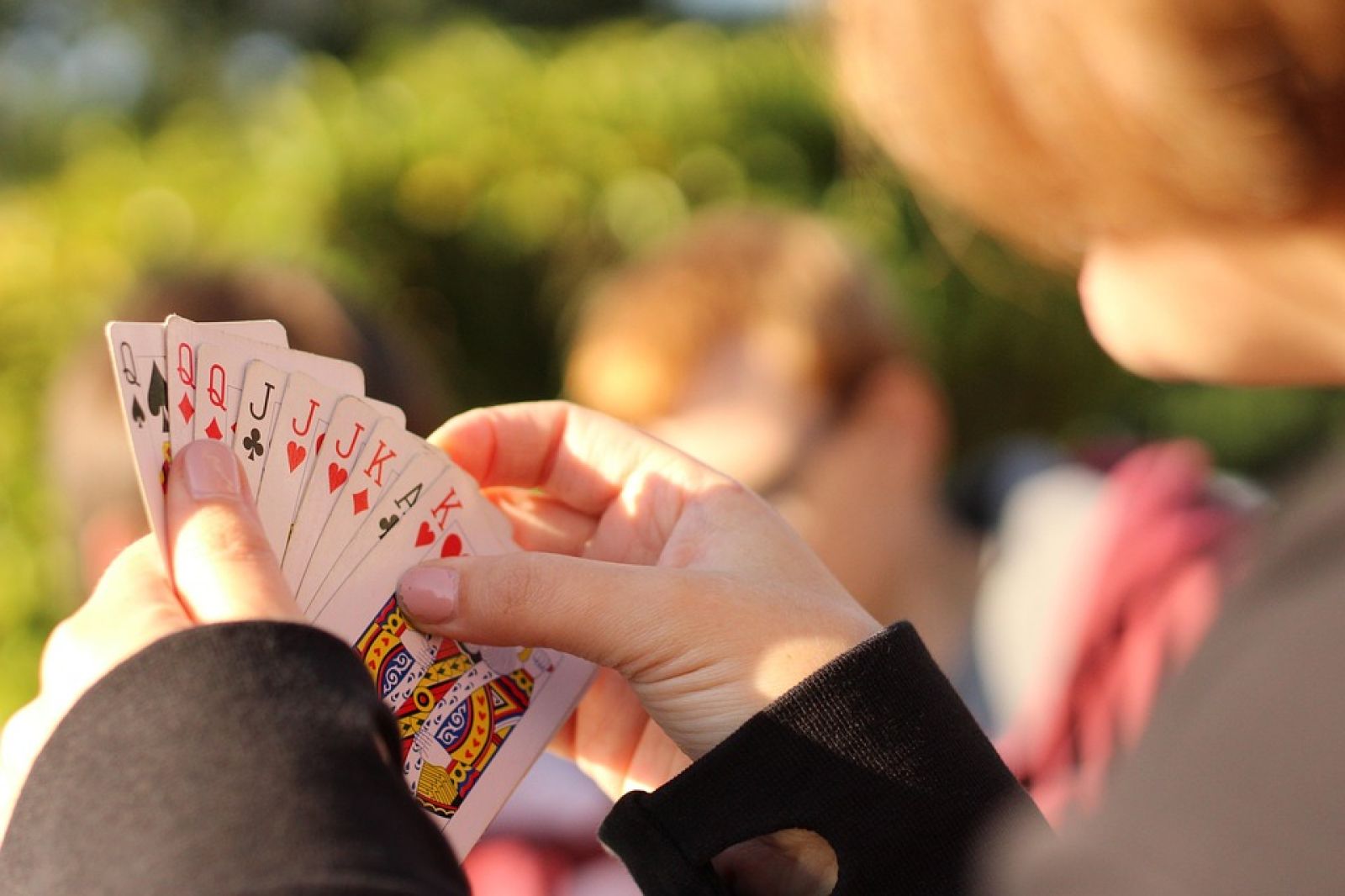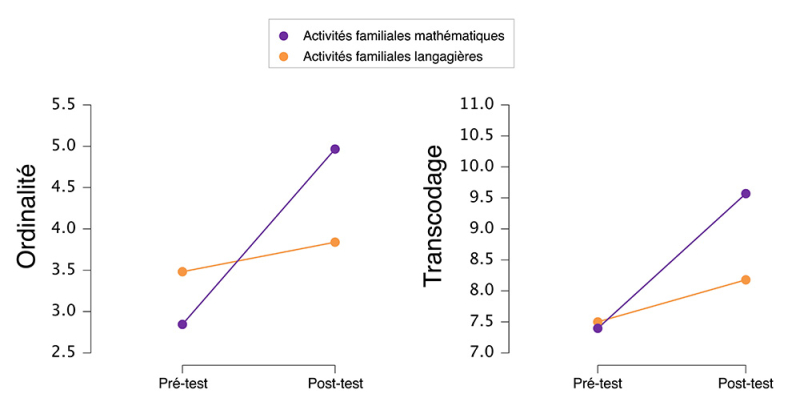Follow us on Google News (click on ☆)
When mathematics come home: a playful and effective approach.
It has long been known that the family environment plays a key role in early learning. While the transmission of language or reading is well documented, that of mathematical skills is still largely underestimated. A study published in the journal Child Development demonstrates for the first time, in a European context, that simple mathematical activities, integrated into daily life between parents and children, can have a causal effect on the development of mathematical skills in preschool-aged children.

Pixabay illustration image
Social and economic inequalities strongly influence academic success, particularly in mathematics. Among the factors at play, differences in parental practices related to numbers are attracting increasing interest. Some families talk more about quantities, use numbers more often in daily life or in shared games. Previous studies, mainly conducted in the United States, have suggested that these practices promote mathematics learning. However, these studies often rely on unrealistic interventions: they require frequent repetitions and parental supervision by scientists.
To overcome these limitations, the scientists designed a home-based intervention relying on playful, simple, and ecologically valid activities, meaning compatible with the daily life of families. For six weeks, parents received games (cards, boards) and books encouraging exchanges around numbers. No rigid instructions or prior training were imposed on them: they were free to choose the materials and activity times, at their own pace.
A rigorous protocol for a concrete step forward in reducing educational inequalities.
The study, conducted with 117 kindergarten children, adopts a rigorous protocol: random assignment into two groups (mathematics vs. language), assessment before and after the intervention, and pre-registration of analyses. The "language" group, which served as an active control group, offered activities that were also cognitively stimulating, but without mathematical content.
The results are clear: children who participated in the mathematical activities progressed significantly, particularly in transcoding (the ability to switch from a quantity to a symbol or vice versa) and in ordinality (understanding the order of numbers) - two key skills for future learning.

Effects of the intervention on two numerical skills: ordinality (left) and transcoding (right), measured before (pre-test) and after (post-test) the family activities. The intervention targeting mathematical activities (purple) leads to a more marked progression than the one focused on language (orange), indicating a specific effect of the intervention on numerical skills.
© Cléa Girard
By relying on ordinary interactions, accessible to all families, this research marks a double advance: it shows that family practices have a direct effect on mathematical learning, and that it is possible to intervene effectively without resorting to heavy or costly systems. This work opens up concrete avenues for combating educational inequalities and promoting mathematics as a full-fledged family activity.